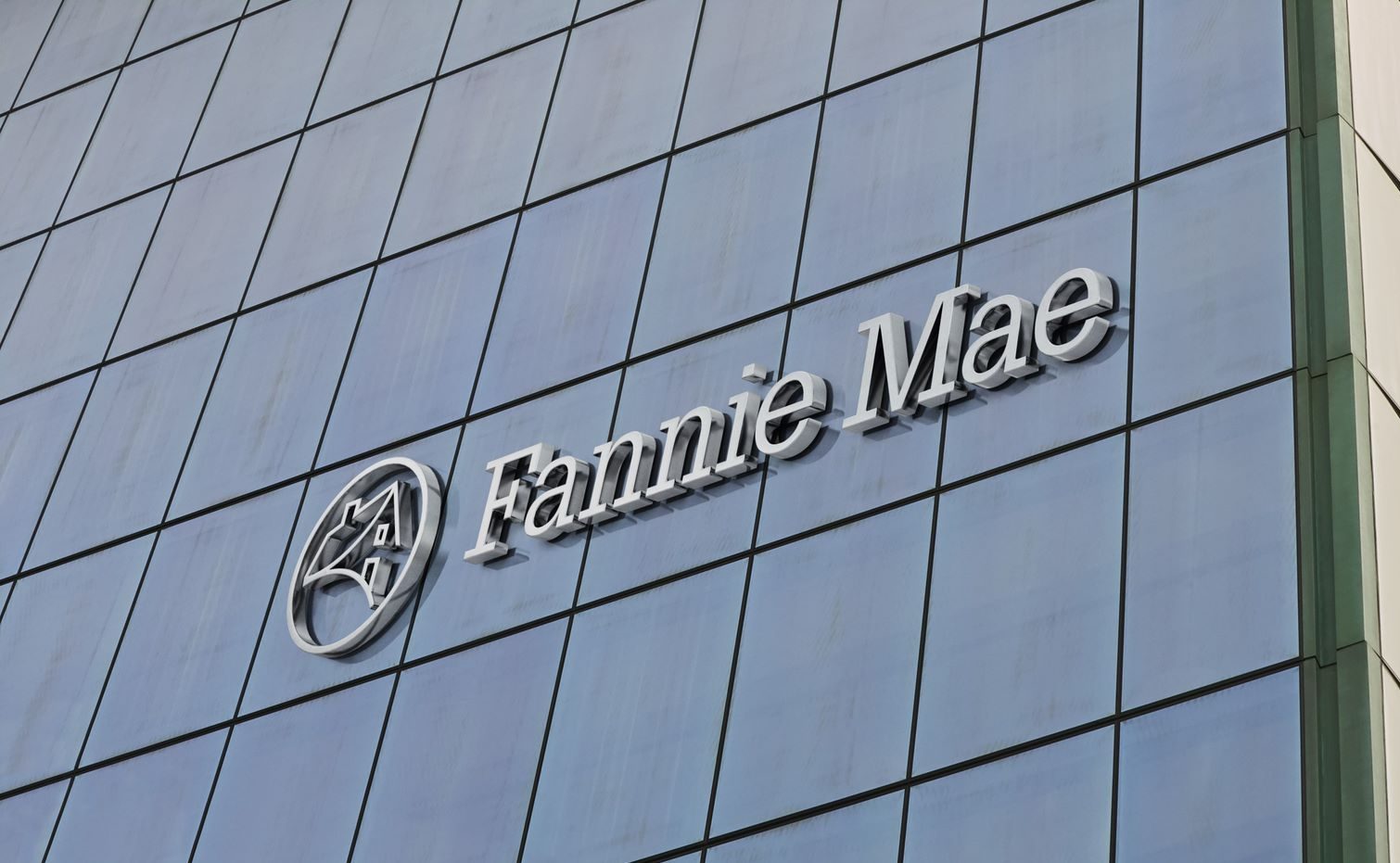A recovering housing market allowed ""Fannie Mae"":http://www.fanniemae.com/portal/index.html to set another record in its most recent quarterly earnings report.
[IMAGE]In the first quarter of this year, the mortgage giant reported pre-tax income of $8.1 billion, the largest in its history. In the fourth quarter of last year, the GSE reported pre-tax income of $7.6 billion and $2.7 billion for the first quarter a year ago.
Fannie Mae attributed the improvement to ""strong credit results driven by an increase in home prices, including higher average sales prices on Fannie Mae-owned properties, a decline in the number of delinquent loans, and the company's resolution agreement with Bank of America.""
Just last quarter, Fannie Mae ""ended the year"":https://themreport.com/articles/fannie-mae-posts-largest-net-income-in-company-history-2013-04-02 with record quarterly and annual net income.
[COLUMN_BREAK]Fannie Mae also explained stronger financial results enabled the release of valuation allowance on deferred tax assets, which added $50.6 billion to net income, bringing the total for net income in the first quarter to $58.7 billion.
Comprehensive income stood at $59.3 billion compared with $3.1 billion for the first quarter a year ago.
The GSE also announced it will pay $59.4 billion to Treasury by June 30, bringing the total to $95 billion. The total amount Fannie Mae has so far received in taxpayer aid is $116.1 billion. However, as of the first quarter of 2012, the GSE has not requested addition funds from Treasury.
To support the mortgage market, Fannie Mae has provided $3.5 trillion in liquidity since 2009. The company's market share of single-family securities issuances was 48 percent for Q1. As of the end of last year, the GSE also owned or guaranteed about 22 percent of outstanding debt on multifamily properties.
The GSE's single-family serious delinquency rate continued its decline due to foreclosure prevention solutions and stronger credit profiles. As of the end of the first quarter, the delinquency rate stood at 3.02 percent compared to 3.29 percent from the fourth quarter and 3.67 percent a year ago.
Fannie Mae also completed more than 43,000 loan modifications during the first quarter, bringing its total since January 2009 to 922,000.

 theMReport.com Your trusted source for mortgage banking news
theMReport.com Your trusted source for mortgage banking news








